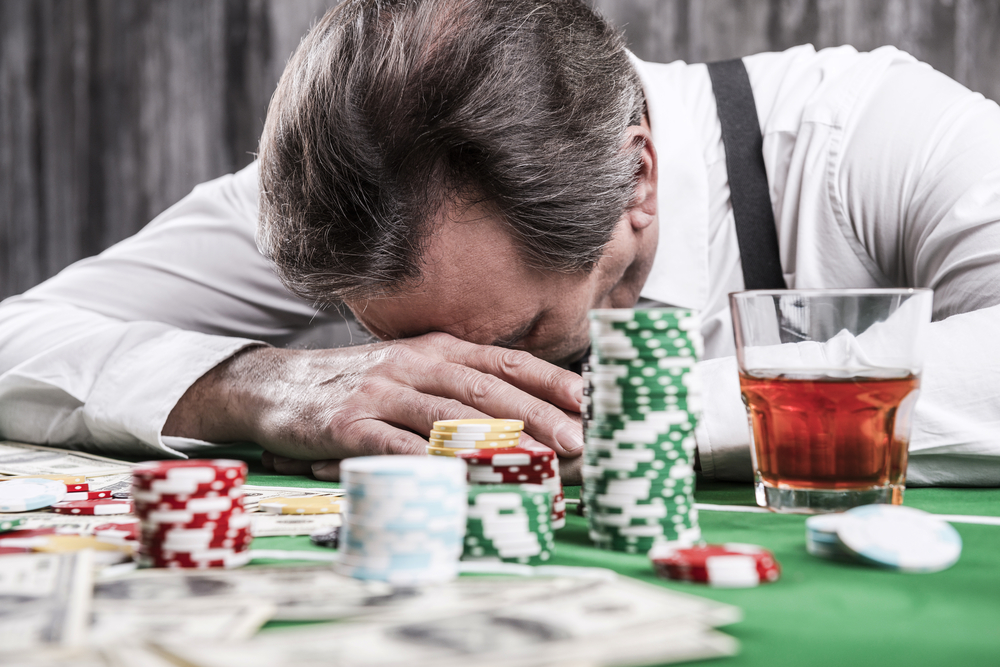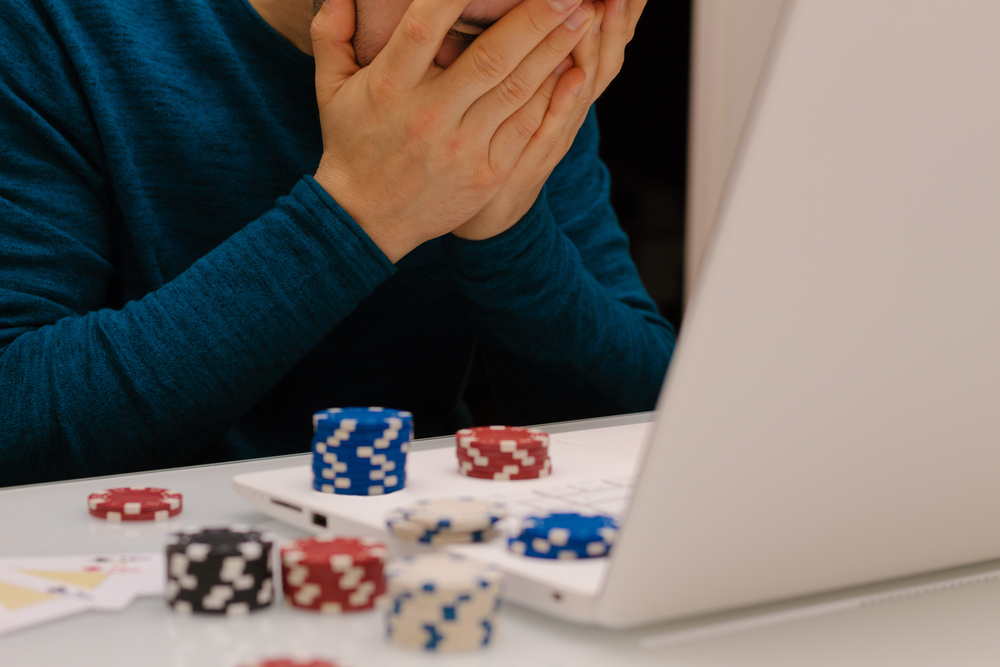


Gambling is common in the US and worldwide. People gamble on everything from card games to sports and even casino games. For some, gambling is a harmless pastime; for others, it's quick cash. In moderation, gambling can be a fun activity. However, some people lose control of their gambling and end up being an impulsive gambler (or participating in problem gambling). And the thrill of gambling can be a much greater issue when substances are involved.
Gambling involves risking something of value to get something of even greater value. As mentioned, people participate in sports betting, card games, etc., for entertainment. However, if a person cannot control their gambling to the level that it negatively affects their lives, they're said to have a gambling problem or impulsive gambling.
Impulsive gambling is a condition where a person cannot control their gambling behavior, despite its negative consequences. As Mayo Clinic puts it, this impulse control disorder is characterized by a persistent and uncontrollable urge to gamble and a preoccupation with gambling even when it interferes with daily life activities.
Gambling, like drugs or alcohol, stimulates the release of dopamine, a neurotransmitter often associated with feelings of pleasure and reward. This can create a cycle where the brain seeks out more of that reward, leading to a desire to gamble more frequently or at higher stakes. When one has a problem gambling, they may continually chase bets that lead to losses. Eventually, they'll use up all their savings and go into debt, trying to pursue a win. They will make the extra effort to conceal their actions and even turn to fraud or theft to support their addiction.

Gambling and mental health issues can reinforce each other. This means that a person with a mental health issue may gamble to escape or cope with the signs and symptoms. At the same time, a person with a gambling problem might develop mental health issues due to loss, feelings of shame, etc.
Similarly, gambling addiction and substance abuse have a high co-existence rate. In fact, those addicted to substances or gambling are already predisposed to thrill-seeking behaviors.
According to one study, people diagnosed with impulsive gambling also end up having substance use disorder. This could be due to:
Besides, most casinos in the US offer free drinks for those who spend their money at slots or tables. This is a much bigger problem because, like drug abuse, problem gambling is considered a compulsive behavior.
Being high while gambling can have significant effects on a person's behavior and decision-making in the following ways:

While no specific drug causes gambling addiction, certain substances may increase the risk of developing a gambling addiction. Research shows that individuals with gambling addiction commonly abuse substances like alcohol, tobacco, marijuana, and stimulants.
Alcohol and other substances can lower inhibitions and impair judgment, making it more likely for a person to engage in behavioral addictions like gambling. Data from a large study in the US found alcohol addiction to be the most common co-occurring disorder among those with pathological gambling. More than 73% of participants diagnosed with problem gambling had an alcohol use disorder.
Stimulants, such as cocaine and amphetamines, tend to increase feelings of excitement and pleasure, which may make gambling more appealing.
It can be tough to see a loved one struggle with gambling addiction. But the good news is that with help and treatment, they can go back to leading a healthy lifestyle. Here are a few tips to consider:
Remember that many people who develop problem gambling also develop substance use disorders. Neither addiction is easy to manage without professional help, so it's essential to encourage the person to seek help for both issues. At More Than Rehab, we offer treatment for gambling addiction and dual diagnosis, which means addressing both gambling addiction and any co-occurring substance use disorders. We utilize evidence-based therapies such as cognitive behavioral therapy (CBT) to help individuals understand the underlying reasons for their addiction and develop healthy coping mechanisms.


